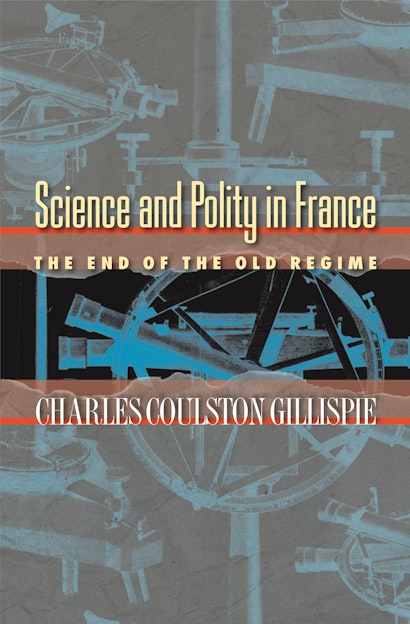By the end of the eighteenth century, the French dominated the world of science. And although science and politics had little to do with each other directly, there were increasingly frequent intersections. This is a study of those transactions between science and state, knowledge and power—on the eve of the French Revolution. Charles Gillispie explores how the links between science and polity in France were related to governmental reform, modernization of the economy, and professionalization of science and engineering.
Awards and Recognition
- Winner of the Pfizer Award,History of Science Society
Charles Coulston Gillispie is Dayton-Stockton Professor Emeritus of History at Princeton University, where he founded the program in History and Philosophy of Science in 1960. His books include The Edge of Objectivity; Lazare Carnot Savant; The Montgolfier Brothers and the Invention of Aviation; Pierre-Simon Laplace: A Life in Exact Science; and Science and Polity in France: The End of the Old Regime (all Princeton). He was also the editor of the Dictionary of Scientific Biography (16 volumes, 1970-1980). In 1997, he was awarded the Balzan Prize in the History and Philosophy of Science.
"[A] learned and absorbing book. . . . In both conception and execution, it is a work on the grand scale."—Nature
"This is an authoritative book by one of our leading historians of science. . . . Written in a stately style and rich in archival and documentary evidence, it will be a source of pleasure and profit to students of French science for many years to come."—Science
"An enormously elaborate interweaving of many threads of detail, political, scientific, personal. . . . Its expression is fluent and vivid. It is a very scholarly book, but it is no arid presentation of past events, it is alive. . . . This is history as it is rarely written, and the book is wonderful."—Quarterly Review of Biology

